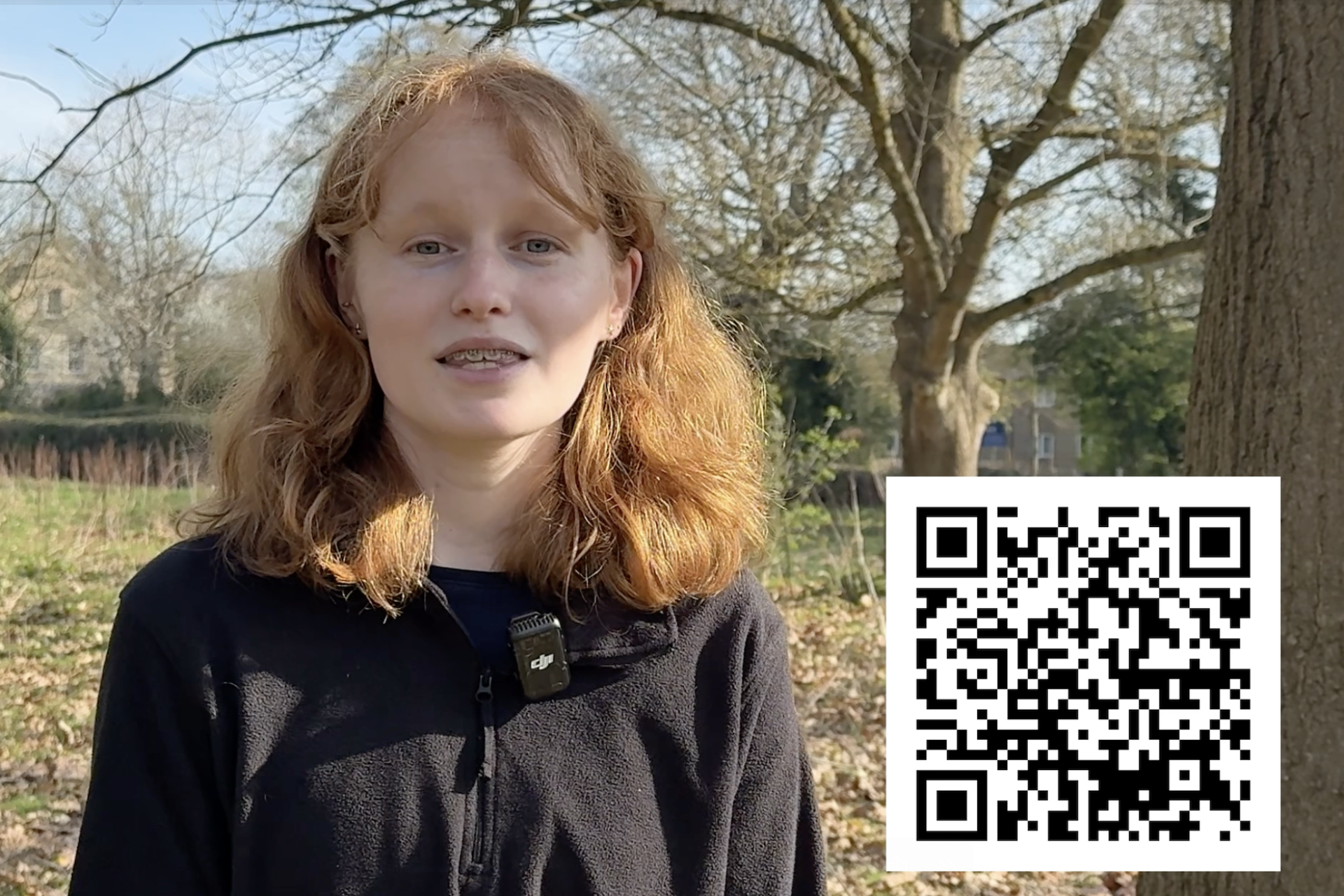Leverhulme Scholars

Leverhulme Scholars
Leverhulme 'Space for Nature' Doctoral Scholars
This scheme is now closed and will reopen in 2026.
We are delighted to announce that we will be accepting the second cohort of Leverhulme ‘Space for Nature’ Doctoral Scholars in September 2025. This initiative is funded by the Leverhulme Trust, complemented by matched funding from University of Kent. We will be able to offer ~20 fully-funded PhD scholarships in the coming years. To supplement this, we will also provide ~10 fully-funded taught MSc in Conservation Science and 3 MSc by Research studentships as a pathway onto a doctorate (1+4 years of full funding). All PhD students will receive up to £10,000 to support their research and professional development (e.g. conference attendance, training). These funding opportunities are open to UK home students, although a small number of international students can also be accommodated too. We are particularly keen to support applicants from lower-income or minority ethnic backgrounds.
Please contact us via email if you have any questions.
The need for ‘Space for Nature’
The Leverhulme ‘Space for Nature’ Doctoral Scholars will address one of the key global conservation challenges of our time: how we reconcile biodiversity protection with other land-uses and land values. Contemporary rates of biodiversity loss across the world are profound. We are currently living through the sixth mass extinction event in the history of the planet, with more than a million species at risk of extinction in the coming decades. How we manage land into the future will be critical to stemming biodiversity declines, as anthropogenic habitat loss and degradation are the single greatest cause of extinction. Consequently, there needs to be a radical shift in how we imagine, design and implement successful and inclusive conservation solutions in multifunctional landscapes.
The work of the Leverhulme ‘Space for Nature’ Doctoral Scholars will take shape in this context. The cornerstone of traditional global conservation efforts has been setting aside land in state-governed protected areas, where little to no human impact is allowed. As this approach has not been successful in stemming biodiversity declines, the concept of ‘other effective conservation measures’ (OECMs) has gained prominence in recent years. OECMs comprise: “a geographically defined area other than a protected area, which is governed and managed in ways that achieve positive and sustained long-term outcomes for the in-situ conservation of biodiversity, with associated ecosystem functions and services and, where applicable, cultural, spiritual, socio-economic and other locally relevant values”. The premise is that OECMs can offer novel and more equitable mechanisms through which we can enhance ecological connectivity across landscapes, ensuring that privately- or community-governed areas important for biodiversity deliver conservation value.
Although OECMs are suggestive of a radical new direction in approaches to land-based conservation, there is a paucity of high-quality, solutions-driven research required to deliver on their promise. Multifunctional landscapes need to be viewed from interdisciplinary perspectives because of the many interconnected and converging disciplinary issues that shape them. Through their commitment to interdisciplinarity, across diverse fields and domains of knowledge, the Leverhulme Space for Nature Doctoral Scholars will foster new ways of considering how landscapes, in all their variety and manifestations, can work as venues that benefit both biodiversity and people.

